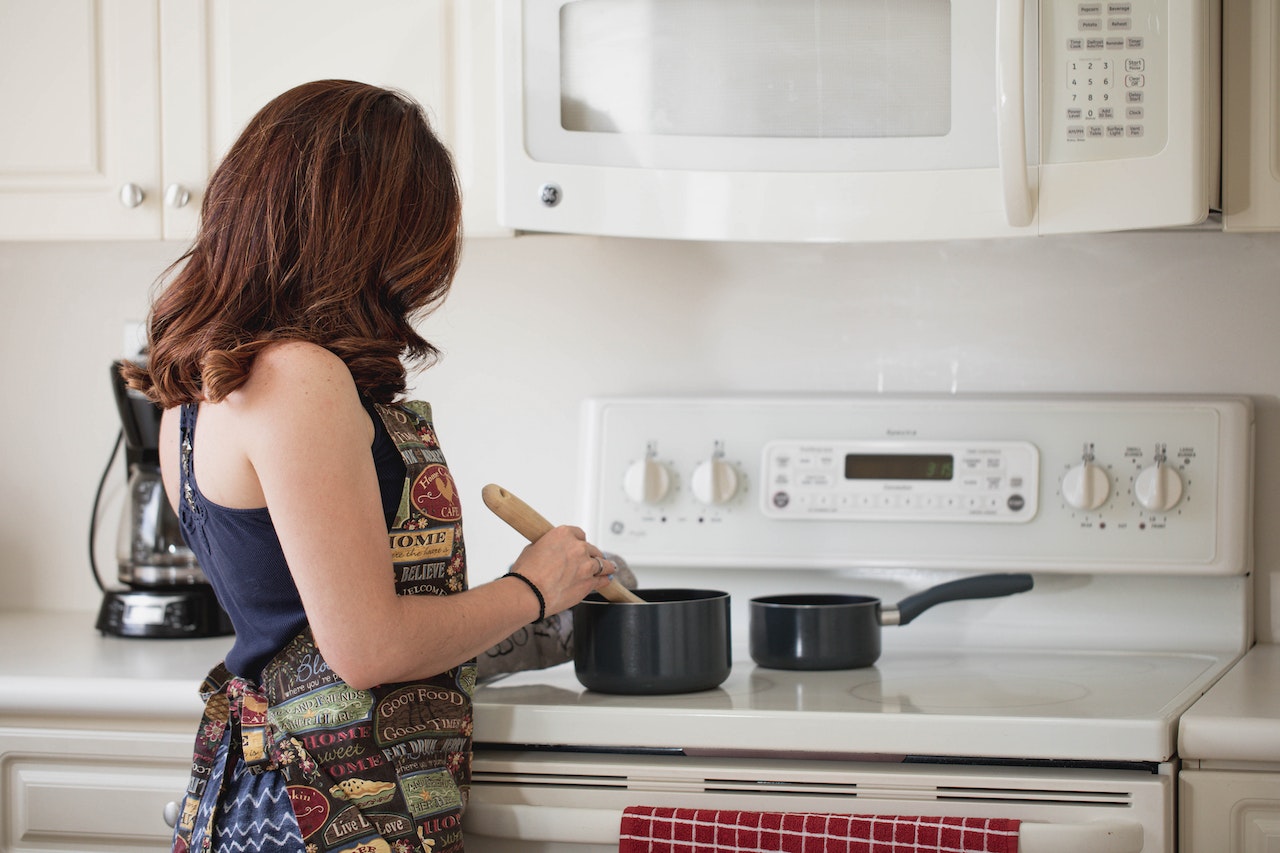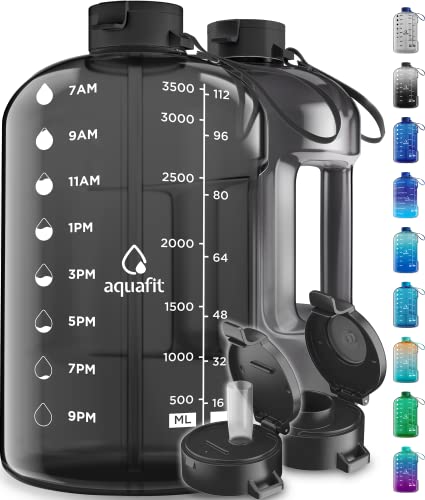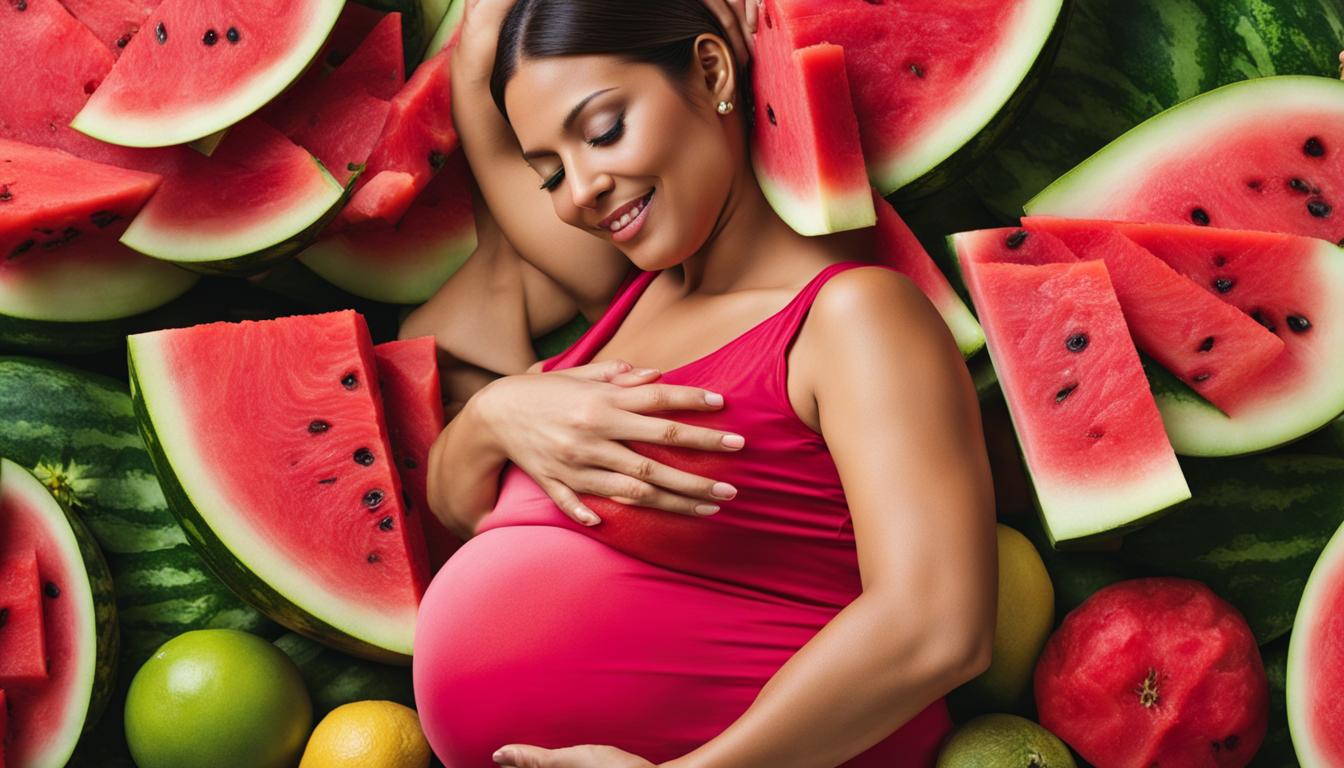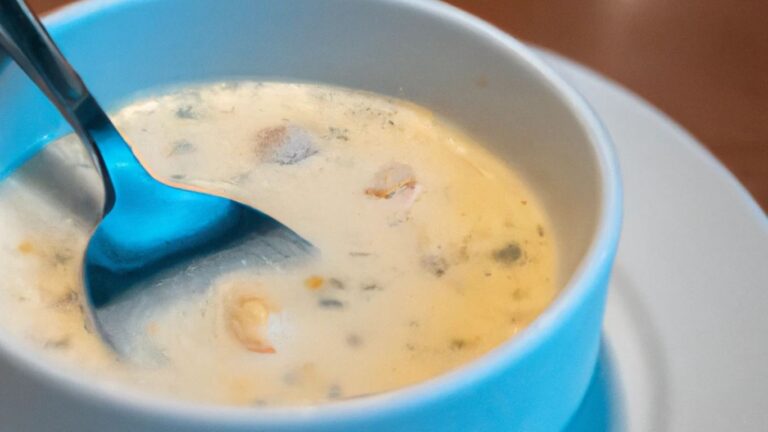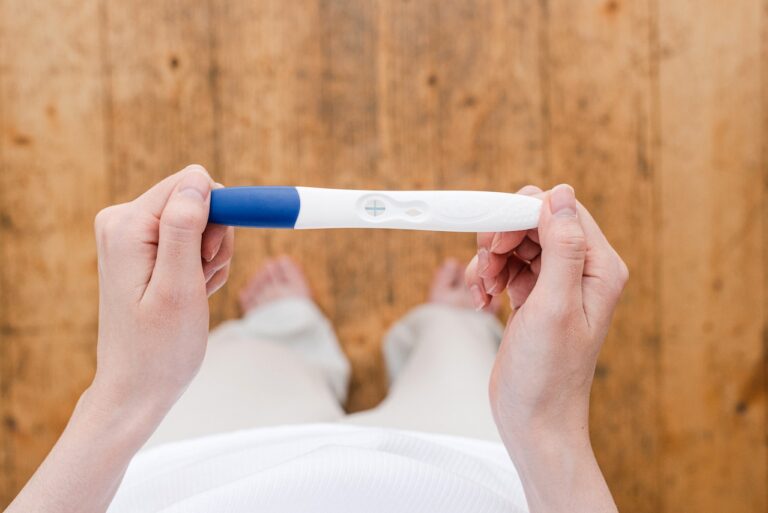Cooking While Pregnant: 10 Tips to Reach Your Nutritional Needs
Staying healthy and active is a priority for many people, including mothers. Pregnant moms, in particular, must keep a healthy diet to support themselves and their growing babies.
Cooking at home saves you money and helps you stay aware of what you eat daily. Plus, who does not want to experiment with new and tasty dishes? Cooking while pregnant means knowing what you feed yourself and your child and keeping track of what is in your fridge and pantry.
Whether you are a newbie in the kitchen or a seasoned expert with the frying pan, it never hurts to go through the basics. Here is why your diet as a pregnant mom matters and 10 ways to cook healthily for the next 40 weeks.
Why is a Healthy Diet Important During Pregnancy?
Your body goes through many changes during pregnancy, and it works hard to keep you and your bundle of joy alive and kicking. A healthy diet helps your baby develop in the womb and keeps them disease-free.
A healthy diet also does great things for your body and keeps you away from unwanted illnesses. Having a healthy diet keeps you from gaining unwanted weight and experiencing gestational diabetes. Having a healthy weight and balanced diet also lowers your risk of having a C-section.
You do not have to make a huge lifestyle change to accommodate your baby if you are already eating a healthy diet. However, you might want to increase your servings of certain nutrients.
10 Tips for Cooking While Pregnant
Anyone can be a cook. Whether you are a first-time parent or have had kids in the past, you can make your own nutritious meals to support yourself and your kid. Here are 10 tips on how to maintain a healthy diet while pregnant.
1 Eat the required calorie intake depending on what trimester you are in
You will need enough calories to support your body and the one growing inside you. During your first trimester, you want to aim for around 1,800 calories every day. This increases to 2,200 calories during your second and 2,400 calories during your third.
2 Consume a balanced diet of carbohydrates, fat, and protein
These nutrients keep your body running in tip-top shape. Eating too much or too little of one food group can affect your overall health and digestion. If you have plans on going on specialized diets, such as paleo or keto, talk to your doctor or a dietician first.
3 Include crucial vitamins and minerals in your diet
Vitamins and minerals, such as vitamin B, protein, calcium, iron, and vitamin D, are crucial to your health and your child’s development. You can find these nutrients in the food you eat. But you can also take prenatal vitamins under your doctor’s supervision.
4 Add as many veggies as you can to your meal
As mentioned above, you will need plenty of vitamins and minerals to support your body and your child. Many of these nutrients are found in vegetables.
Vegetables are full of nutritional benefits and are generally low in calories. They are versatile, flavorful, and easy to include in your everyday diet.
5 And don’t forget those colorful fruits!
Besides vegetables, fruits are a great source of nutrients. They can be a great alternative to snacking on chips and candies, and you can easily find them in the grocery store at a great price.
Skip the juices and canned fruits, though, since they are often loaded with sugar and preservatives. Instead, look for fresh (or frozen) fruits with little to no additives. If you are tired of munching on fruits, you can also make yourself a smoothie.
6 Avoid caffeine, alcohol, or excessive salt and sugar in your meal
Some foods are a big no-no when you are pregnant, like alcohol. Other foods like coffee, fast food, and candies should be controlled and eaten only occasionally. These are full of sugar, salt, and preservatives, and many experts recommend avoiding them as much as possible.
7 Talk to your doctor when you are craving something a bit inedible
Pica is an eating disorder that can affect pregnant mothers. Patients with pica experience craving for non-food items, such as ice, soil, soap, and hair. Research suggests that pica is a result of low iron levels. Discuss this with your doctor in case you start craving inedible objects.
8 Don’t be scared of eating oils and fat
While many people advertise a low-fat diet to be healthy, you should not give up on fat entirely. Plant-based oils like olive, canola, or safflower oil are great for pregnant women (as long as you follow the 6-teaspoon recommendation). But you may want to avoid solid fats like lard or butter.
9 Make fiber your best friend
Constipation and hemorrhoids are a pregnant mom’s nightmare. Fortunately, you can ward those off by eating fibrous food every day. Brown rice, whole-wheat bread, cereals, and oatmeals can keep your digestive system running smoothly.
10 Don’t forget to drink plenty of water
Finally, always aim to drink between 8 to 12 glasses of water daily, especially if you are pregnant. Water helps you digest your food better and feel satiated after eating. Water also helps form the protective layer of amniotic fluid around your baby. Water is your best drink option for any meal and adds no calories no matter how much you drink.
Staying healthy should not consist of expensive cookbooks and gym memberships. Watching what you eat and moving your body can keep you and your child happy and healthy through your pregnancy.
FAQ
I am craving dirt, soap, and sand while pregnant! What should I do?
Many mothers experience pica, an eating disorder where the patient craves inedible objects. Pica might be from a lack of nutrition, specifically iron or vitamin B. Talk to your doctor if you have these cravings or know someone who does.
Can I have some chocolate or candy while pregnant?
The occasional chocolate or candy bar will not cause issues in your health and nutrition. But make sure to control your portions and not overindulge in these sweets.
Should I go on a calorie deficit while pregnant?
While everyone’s bodies work differently, some mothers can handle a calorie deficit while pregnant to maintain a healthy weight. But make sure to talk to your health provider before considering cutting calories.

